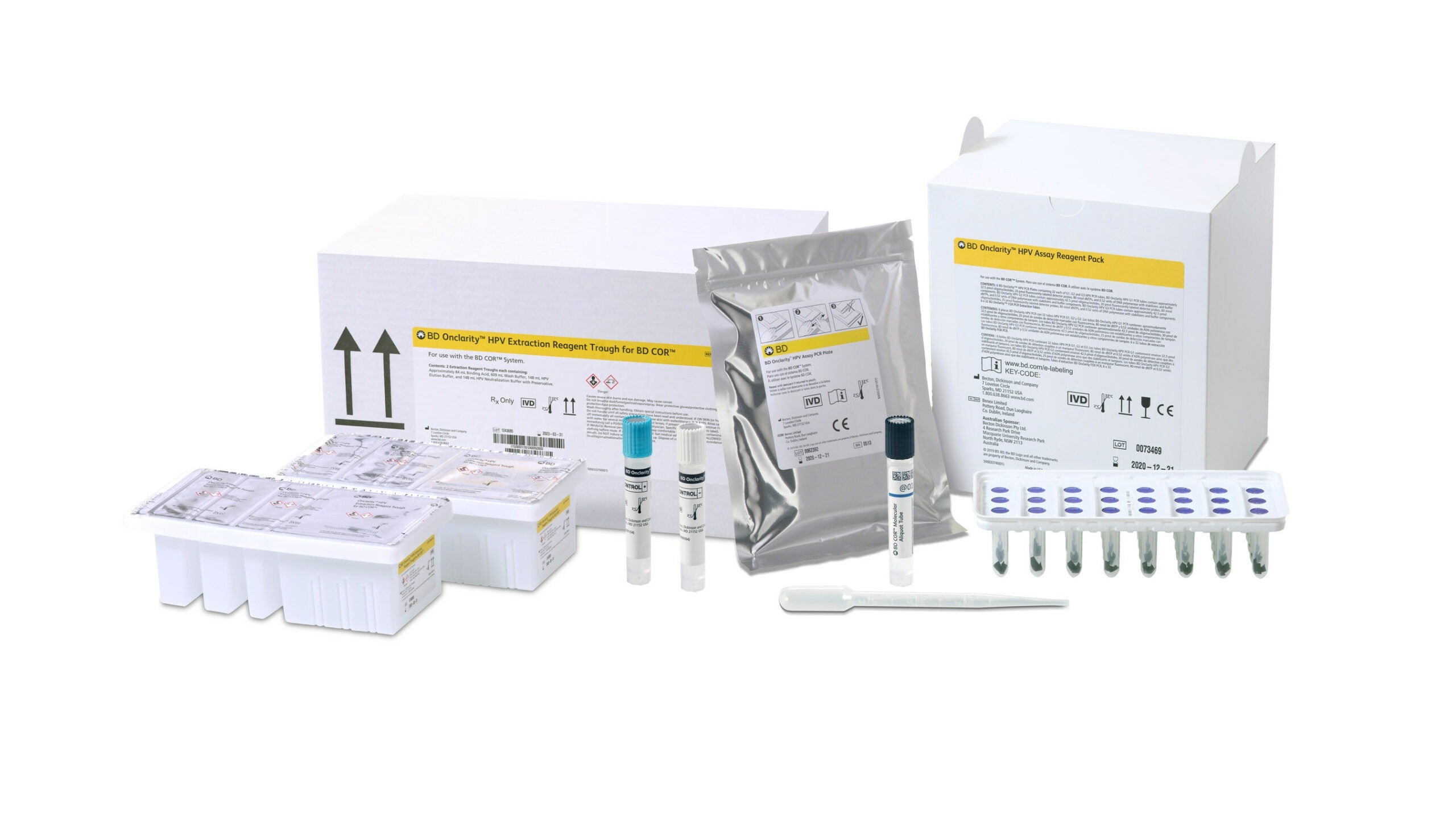
US-based medical device manufacturer Becton, Dickinson and Company (BD) has received the US Food and Drug Administration (FDA) approval for its BD Onclarity HPV Assay.
The assay is intended for use with the ThinPrep Pap test to detect and identify 14 high-risk human papillomavirus (HPV) types in a single analysis.
Developed by Health technology company Hologic, the ThinPrep Pap test offers both Pap and HPV testing using the same vial.
Together with BD SurePath liquid-based Pap test vial, Hologic ThinPrep Pap Test PreservCyt Solution is the most used vial by the US laboratories, said the company.
BD integrated diagnostics solutions worldwide president Brooke Story said: “Most tests report multiple HPV types in a single pooled result, which can mask the true risk of developing cervical cancer.
“Being able to identify high-risk HPV31 individually is critical to the detection and prevention of cervical cancer. HPV31 poses the second-highest risk for cervical pre-cancer, and the BD Onclarity HPV Assay is the only FDA-approved assay that screens for it individually.”
In addition to HPV types 16, 18, and 45, BD Onclarity HPV Assay also reports genotypes including 31, 51, 52, 33/58, 35/39/68, and 56/59/66.
According to BD, it is the only FDA-approved assay that can individually test an extended set of HPV types, specifically HPV31, which poses a high risk for cervical cancer.
Individual identification of HPV31 enables better identification of risk for cervical pre-cancer, helping health care providers with their clinical decision-making.
The US FDA approved BD Onclarity HPV Assay for use in vaccinated women, based on data from a real-world evidence study of random samples of 19,879 women.
It can be used on the BD COR or BD Viper LT instrument platforms, without needing to change existing cytology equipment, said the medical device company.
BD medical affairs vice president Jeff Andrews said: “Cervical cancer is preventable. When more people with a cervix are better able to manage their health through more accurate and precise testing, we are taking another step forward toward eliminating cervical cancer in our lifetimes.”






